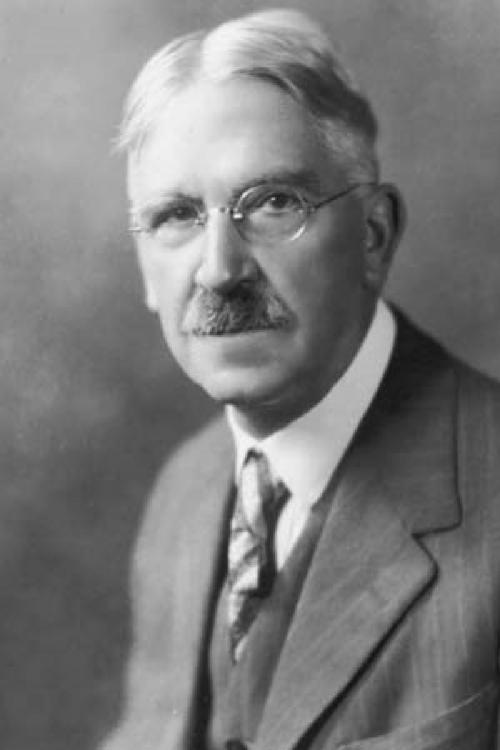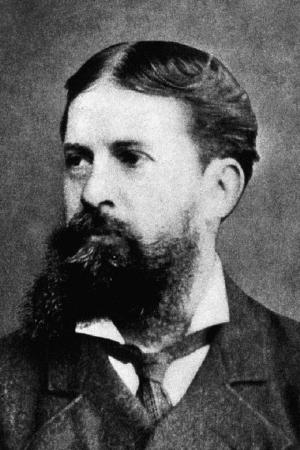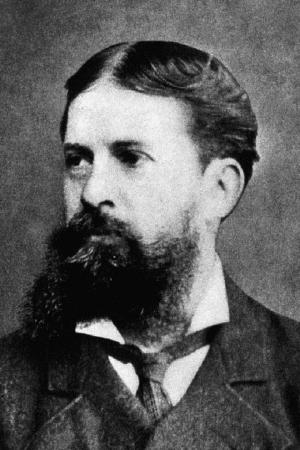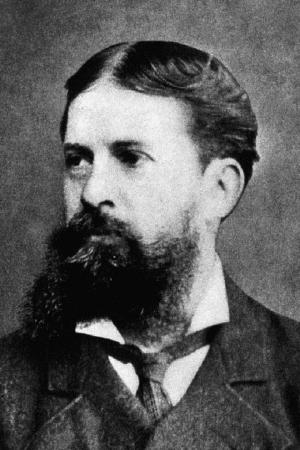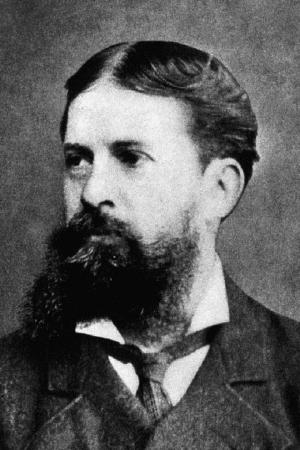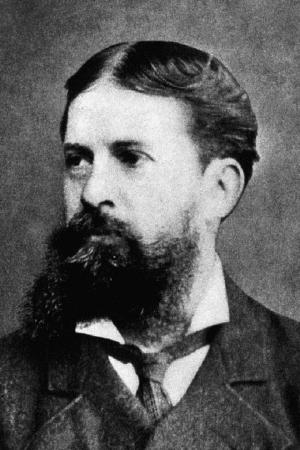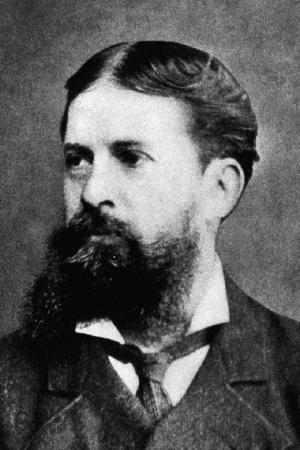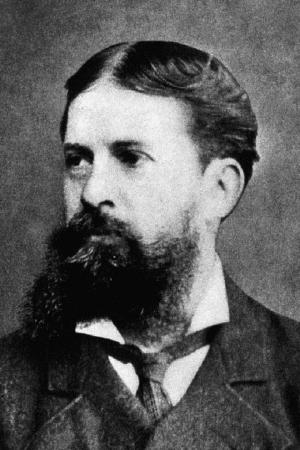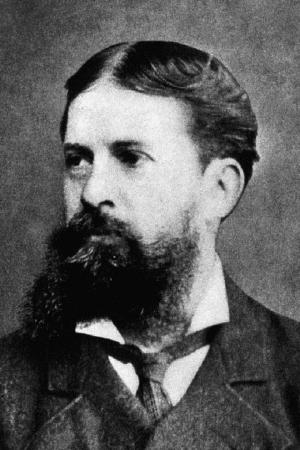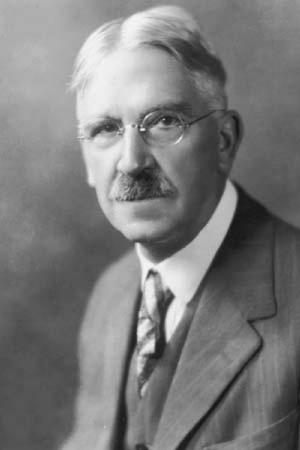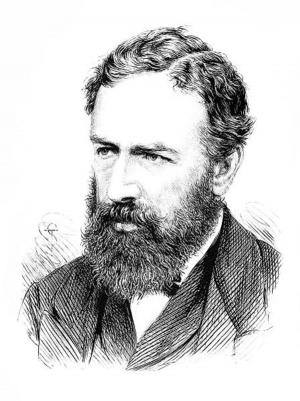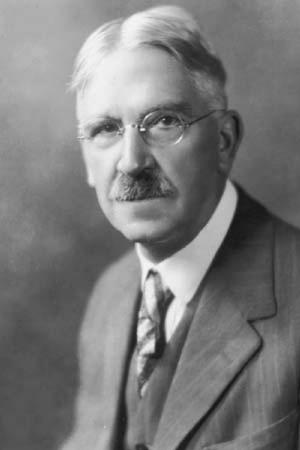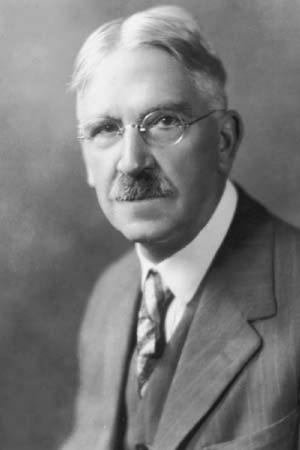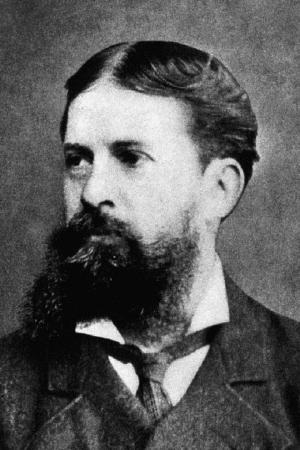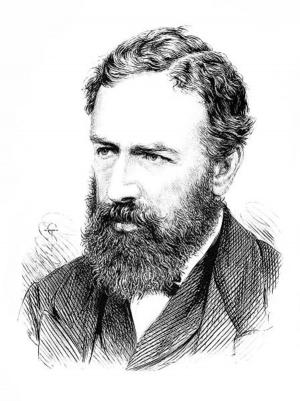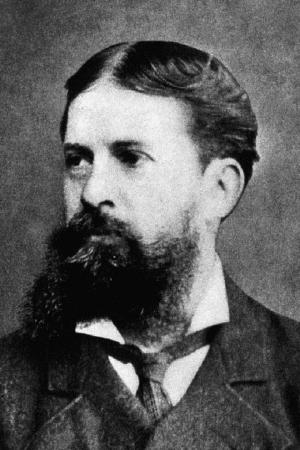John Dewey, William James, and Charles Peirce on Pragmatism (Illustrated)
Business & Finance, Economics, Macroeconomics| Author: | John Dewey, William James, Charles Peirce | ISBN: | 1230001439311 |
| Publisher: | Timeless Books | Publication: | November 22, 2016 |
| Imprint: | Language: | English |
| Author: | John Dewey, William James, Charles Peirce |
| ISBN: | 1230001439311 |
| Publisher: | Timeless Books |
| Publication: | November 22, 2016 |
| Imprint: | |
| Language: | English |
The book has an active table of contents for readers to easy access of each chapter of the following titles:
1. HUMAN NATURE AND CONDUCT – JOHN DEWEY
2. HOW WE THINK – JOHN DEWEY
3. THE POSTULATE OF IMMEDIATE EMPIRICISM – JOHN DEWEY
4. THE NEW PSYCHOLOGY – JOHN DEWEY
5. PRAGMATISM – WILLIAM JAMES
6. HOW TO MAKE OUR IDEAS CLEAR - CHARLES PEIRCE
7. WHAT PRAGMATISM IS - CHARLES PEIRCE
8. ISSUES OF PRAGMATICISM - CHARLES PEIRCE
9. PROLEGOMENA TO AN APOLOGY FOR PRAGMATICISM - CHARLES PEIRCE
Pragmatism by William James, one of the greatest American psychologists, was widely acclaimed and it was widely used by students of psychology. His influences on modern Psychology theory are Pragmatism, Functionalism, and James-Lange Theory of Emotion. In addition to his influence on Psychology, his discussion of choice and rationality, as well as self-interest, made significant contributions to areas of concern in modern economic theory.
Max Fisch, a well-known writer of identity, individuality, responsibility, morality, and political commitment, commented Charles Peirce as the follow:
“Who is the most original and the most versatile intellect that the Americas have so far produced? The answer Charles S. Peirce is uncontested, because any second would be so far behind as not to be worth nominating. He was mathematician, astronomer, chemist, geodesist, surveyor, cartographer, metrologist, spectroscopist, engineer, inventor; psychologist, philologist, lexicographer, historian of science, mathematical economist, lifelong student of medicine; book reviewer, dramatist, actor, short story writer; phenomenologist, semiotician, logician, rhetorician and metaphysician.”
In 1905, Charles Peirce published his important paper to his theory of Pragmatism WHAT PRAGMATISM IS. In 1905 and 1906, Charles Peirce published his foundational papers to his theory of Pragmaticism ISSUES OF PRAGMATICISM and PROLEGOMENA TO AN APOLOGY FOR PRAGMATICISM. In the papers, Peirce discussed and expressed that Pragmatism was a philosophic school that considered practical consequences or real effects to be vital components of both meaning and truth. Other important aspects of pragmatism include anti-cartesianism, radical empiricism, instrumentalism, anti-realism, verificationism, conceptual relativity, a denial of the fact-value distinction, a high regard for science and evolution, and fallibilism.
John Dewey was one of the most influential American philosophers, psychologists, and educators whose ideas have impacted education and social reform around the world. He is one of the founders with the philosophy of pragmatism and of functional psychology. He is in the row with the greatest thinkers including Bertrand Russell, Ludwig Wittgenstein, Karl Popper, Charles Peirce, John Mill, and William James. His most important contribution is about his definition about what is new psychology and further development of PRAGMATISM.
The influence by John Dewey, William James, and Charles Peirce has been felt in nearly every field of the humanities, sciences, and American corporate culture such as learning by doing. The reasoning by them still remains as relevant today as it was then. This book is one of the most important ones about the deepest thoughts of psychology and PRAGMATISM by John Dewey, William James, and Charles Peirce, three of the greatest thinkers of psychology, science, and logic on the planet.
The book has an active table of contents for readers to easy access of each chapter of the following titles:
1. HUMAN NATURE AND CONDUCT – JOHN DEWEY
2. HOW WE THINK – JOHN DEWEY
3. THE POSTULATE OF IMMEDIATE EMPIRICISM – JOHN DEWEY
4. THE NEW PSYCHOLOGY – JOHN DEWEY
5. PRAGMATISM – WILLIAM JAMES
6. HOW TO MAKE OUR IDEAS CLEAR - CHARLES PEIRCE
7. WHAT PRAGMATISM IS - CHARLES PEIRCE
8. ISSUES OF PRAGMATICISM - CHARLES PEIRCE
9. PROLEGOMENA TO AN APOLOGY FOR PRAGMATICISM - CHARLES PEIRCE
Pragmatism by William James, one of the greatest American psychologists, was widely acclaimed and it was widely used by students of psychology. His influences on modern Psychology theory are Pragmatism, Functionalism, and James-Lange Theory of Emotion. In addition to his influence on Psychology, his discussion of choice and rationality, as well as self-interest, made significant contributions to areas of concern in modern economic theory.
Max Fisch, a well-known writer of identity, individuality, responsibility, morality, and political commitment, commented Charles Peirce as the follow:
“Who is the most original and the most versatile intellect that the Americas have so far produced? The answer Charles S. Peirce is uncontested, because any second would be so far behind as not to be worth nominating. He was mathematician, astronomer, chemist, geodesist, surveyor, cartographer, metrologist, spectroscopist, engineer, inventor; psychologist, philologist, lexicographer, historian of science, mathematical economist, lifelong student of medicine; book reviewer, dramatist, actor, short story writer; phenomenologist, semiotician, logician, rhetorician and metaphysician.”
In 1905, Charles Peirce published his important paper to his theory of Pragmatism WHAT PRAGMATISM IS. In 1905 and 1906, Charles Peirce published his foundational papers to his theory of Pragmaticism ISSUES OF PRAGMATICISM and PROLEGOMENA TO AN APOLOGY FOR PRAGMATICISM. In the papers, Peirce discussed and expressed that Pragmatism was a philosophic school that considered practical consequences or real effects to be vital components of both meaning and truth. Other important aspects of pragmatism include anti-cartesianism, radical empiricism, instrumentalism, anti-realism, verificationism, conceptual relativity, a denial of the fact-value distinction, a high regard for science and evolution, and fallibilism.
John Dewey was one of the most influential American philosophers, psychologists, and educators whose ideas have impacted education and social reform around the world. He is one of the founders with the philosophy of pragmatism and of functional psychology. He is in the row with the greatest thinkers including Bertrand Russell, Ludwig Wittgenstein, Karl Popper, Charles Peirce, John Mill, and William James. His most important contribution is about his definition about what is new psychology and further development of PRAGMATISM.
The influence by John Dewey, William James, and Charles Peirce has been felt in nearly every field of the humanities, sciences, and American corporate culture such as learning by doing. The reasoning by them still remains as relevant today as it was then. This book is one of the most important ones about the deepest thoughts of psychology and PRAGMATISM by John Dewey, William James, and Charles Peirce, three of the greatest thinkers of psychology, science, and logic on the planet.
